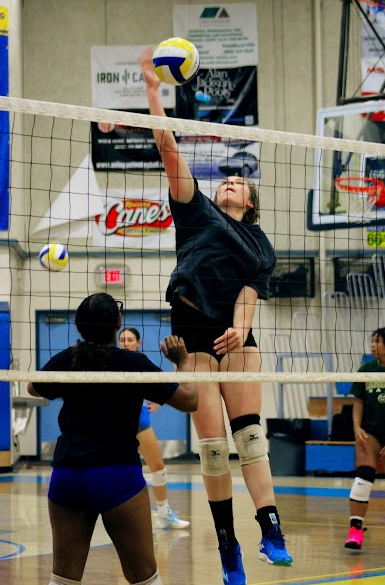The Impact of the Coronavirus on Sporting Events
The coronavirus epidemic has grown significantly since its initial detection in a “wet market” in Wuhan, China, and has had immense social and economic consequences. Although much of the news concerning the coronavirus has been about the impacts on the stock market and airline travel, the epidemic is also set to have major consequences on sporting events. Major and minor sporting events across the world have been canceled or postponed as sports fans and scientists alike worry that cramming thousands of people into one area will help spread the virus.
As of the morning of Monday, March 2, more than 3,000 deaths of the coronavirus have been reported. If this trend continues and the spread of the disease is not contained soon, there will likely be major ramifications for the Summer Olympics, which involves tens of thousands of athletes, spectators, members of the news media, and more. Because the games are programmed to be held in Tokyo, Japan, the proximity of the sporting events to China would mean that all participants in the Olympics would be at greater risk of being infected. Some members of the International Olympic Committee, including Dick Pound of Canada, state that a decision will be made by late and that canceling the games is an option. Others are insistent that the coronavirus will become “old news” by the summer, and that the Olympic Games will be able to continue as scheduled. Only time will tell whether or not the coronavirus will have a significant impact on the scheduling of the Summer Olympics.
Meanwhile, Italy, whose large elderly population has been bearing the brunt of the coronavirus, is actively taking measures to limit the spread of the virus by canceling major club soccer events. For instance, five top-flight league games scheduled last weekend have been postponed until May 13. The Italian Cup final – a major soccer sporting event – has also been temporarily postponed, and future matches taking place in Northern Italy will potentially be played with no spectators. In Asian countries like China, South Korea, and Japan, the league seasons scheduled to start in late February were postponed until April. Multiple baseball, tennis, and golf events expected to take place in East Asian countries have been abruptly canceled for the time being. The Tokyo Marathon on March 1 was not canceled, but coordinators of the event limited competitors to only a few hundred elite runners.
So far, no sport has been able to escape from the virus currently threatening the lives of thousands and, while only time will tell us how this epidemic will unfold, this is only going to get worse unless desperate action is taken to treat the virus.

Hello! My name is Pranesh Kumar, and I am a Copy Editor for the QHHS Ubiquity Virtual Edition. As a fourth-year student of Journalism and an IB Senior,...







